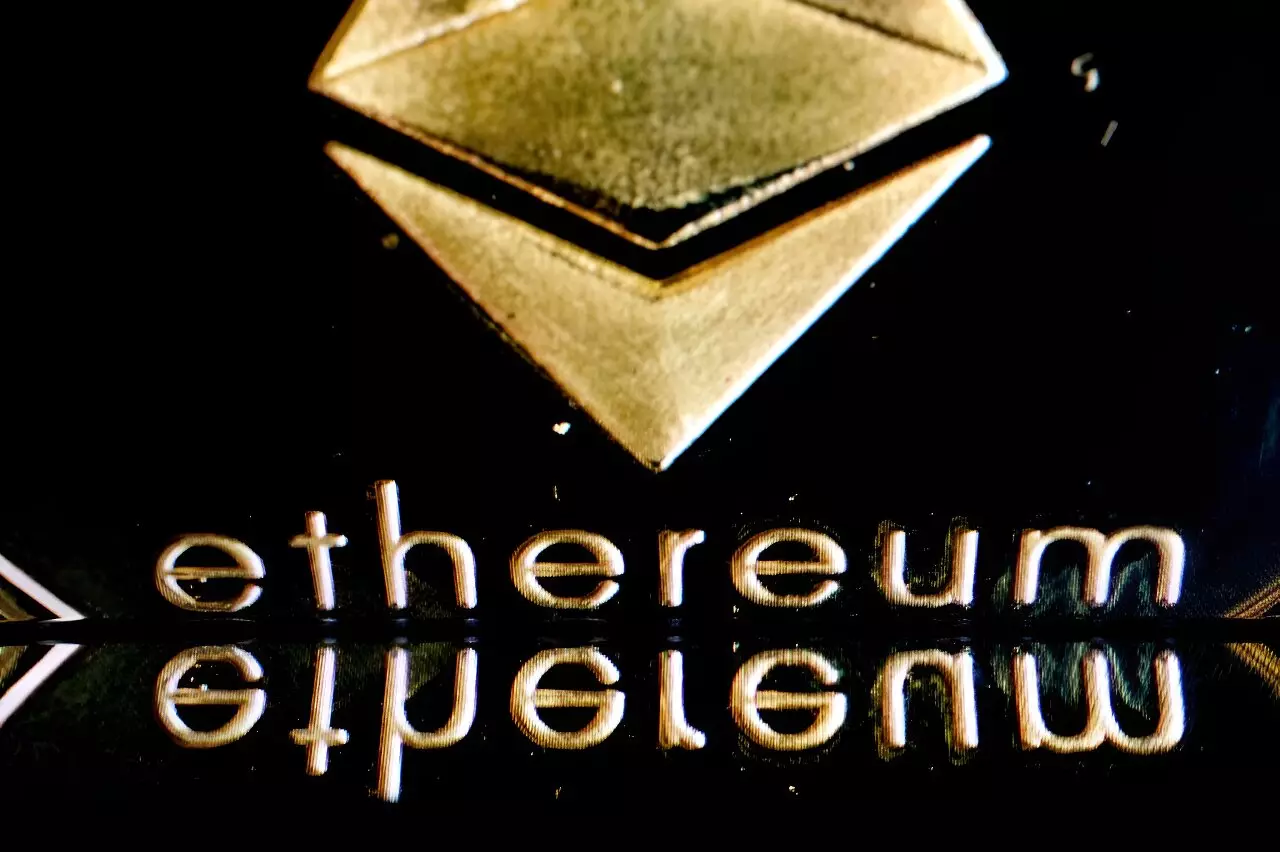

While Bitcoin has been dominating the headlines with its record-breaking highs, Ether, also known as Ethereum, has quietly been making its own significant gains. Launched in 2015, Ether currently holds the spot as the second-largest digital currency with a total value exceeding $460 billion. Recent regulatory approvals in the United States for new bitcoin investment products, such as ETFs, have contributed to the rise of cryptocurrencies like Solana, Dogecoin, and Ether. These ETFs have provided investors with the opportunity to profit from cryptocurrency price changes without directly owning them, driving more money into the market.
One of the main drivers behind Ether’s impressive performance is the expectation of potential approval for an Ethereum ETF in the United States. Several asset management companies have already submitted applications to the Securities and Exchange Commission (SEC) for approval to market Ether investment products. The decision on the first applications from VanEck and Ark 21Shares is expected by May 23, and investors are eagerly anticipating a positive outcome. This anticipation has led to a shift of interest from Bitcoin to Ether as a potential investment opportunity.
Aside from the ETF effect, Ethereum has other cards up its sleeve. The upcoming major upgrade to the technology underlying Ether, known as ‘Dencun,’ scheduled for March 13, is expected to enhance transaction processing capacity, reduce transaction costs, and pave the way for the growth of a diverse ecosystem with multiple applications. Unlike Bitcoin, which primarily serves as a store of value, Ethereum has a broader range of potential use cases. It is widely used for non-fungible tokens (NFTs) and serves as a hub for various blockchain and smart contract applications.
Ethereum operates on a different mechanism compared to Bitcoin, utilizing a process called “Proof of Stake” where owners put up existing Ether coins as collateral. This method not only reduces energy consumption but also allows holders to earn interest on their investments. The transition to this energy-efficient system in September 2022 has significantly increased the amount of Ether used as collateral, demonstrating the growing interest in staking opportunities and potential capital gains for investors.
Ethereum’s rise as the second-largest cryptocurrency is fueled by a combination of regulatory developments, technological advancements, and innovative operational methods. The anticipation of an Ethereum ETF approval in the US, along with the upcoming ‘Dencun’ upgrade, has positioned Ether as a promising investment opportunity with a wide range of use cases beyond traditional digital currencies. As the cryptocurrency market continues to evolve, Ethereum stands out as a valuable asset with significant growth potential for investors looking to diversify their portfolios.
In the realm of software development, the ability to swiftly and accurately address bugs is…
The realm of quantum computing and communication is not just an abstract dream anymore; it…
In a remarkable leap for the field of material science, a collaborative research initiative has…
Throughout Earth's vast history, our planet has endured five major mass extinction events that reshaped…
Rainfall is a vital element of our planet’s hydrological cycle, yet many aspects of its…
On a night when the universe aligns, a mesmerizing phenomenon awaits: the appearance of the…
This website uses cookies.